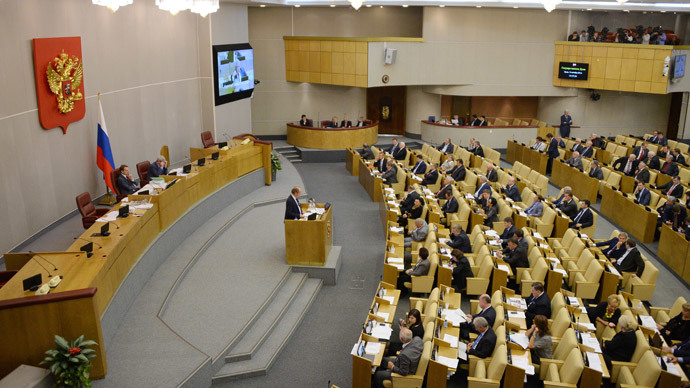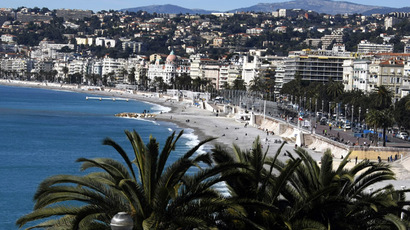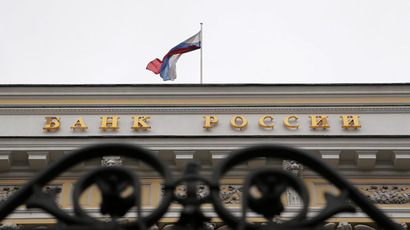Communists seek to ban civil servants from owning foreign real estate

Leftist MPs have drafted a motion that forbids the possession by Russian lawmakers, officials and civil servants as well as their families any real estate outside the country.
The bill was prepared by MP Valery Rashkin, the Communist Party press service reported on Tuesday.
“The service to the people and the state must mean self-sacrifice and self-denial. Civil servants, legislators, senators must join the state service understanding that the power should not mean permissiveness and an easy way to personal riches. Instead, they must treat power as a great responsibility and self-limitation. Civil servants must have no castles in Switzerland or apartments in Paris. At least for now, when a third of Russians live below the poverty line,” Rashkin said in a statement published on the party’s website.
The MP suggests passing a “precise and unambiguous” ban on foreign real estate for civil servants, their spouses and underage children. Those who break the ban must be fired from their posts, the motion reads.
Rashkin said the punishment suggested in his draft was “obviously very liberal and soft,” but at least it was something to begin with.
In late April this year, parliamentary majority party United Russia supported a bill banning leading Russian politicians owning foreign real estate. The ruling party claimed the move would make the country less vulnerable to outside pressure and threats of sanctions.
Current Russian law forbids civil servants and their families to hold bank accounts in foreign banks or foreign securities. The initial draft also included the ban on foreign realty but it was removed during parliamentary hearings. Lawmakers said that such a law would be easy to bypass and also that sometimes officials’ ownership dated back to the Soviet era and it was not just to punish people for keeping inexpensive homes and apartments in republics where they had spent their childhood.
Earlier this year President Vladimir Putin charged the Central Bank and the government with the task of developing a working scheme to enforce the ban on civil servants’ and officials’ foreign assets through cooperation with foreign banks.














